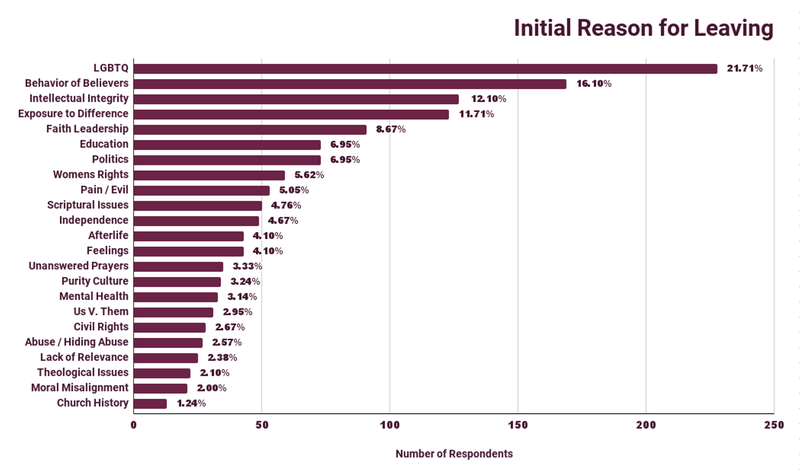· Apologetics > Apologetics and Unbelievers > Non-Christians · 3 min read
Biblical Truth About Atheist Morality for Christian Believers
Explore the foundations of atheist morality and ethical frameworks in this insightful article. Discover how atheists navigate moral dilemmas without religious guidance.

Atheist Morality
Can atheists act in moral and ethical ways? The answer is yes, they can. Despite the lack of belief in God, atheists still possess a sense of right and wrong. This inherent knowledge of morality is a result of the image of God that all humans retain, even after the fall of Adam and Eve into sin.
C.S. Lewis aptly described this phenomenon. He observed that when a person sees another in danger, the first instinct is to rush to help, which can be seen as altruism. However, a second internal voice may intervene and caution against endangering oneself, reflecting self-preservation. Yet, a third internal voice arises and says, “No, you ought to help.” This “ought-ness” of life is what we refer to as morality.
Morality describes what people do, while ethics encompass what people ought to do. Atheists may act ethically for various reasons such as avoiding legal consequences or maintaining social order. However, they lack an ultimate reason for acting ethically because they do not believe in an ultimate moral authority that governs all aspects of their lives. Each atheist defines morality based on their own terms, influenced by remnants of the moral compass within them and societal norms.
In contrast, Christians act morally out of their knowledge of the moral law given by God in His Word and their love for Him as the Law-giver. Furthermore, the indwelling Spirit of God continually guides and influences believers, increasing their understanding and personalizing their moral choices. The Spirit produces in Christians the fruit of the Spirit, which includes love, joy, peace, patience, kindness, goodness, faithfulness, gentleness, and self-control (Galatians 5:22-23).
When faced with a situation where societal constraints are removed and moral choices must be made, Christians and atheists will respond differently. For instance, if a society deems it morally acceptable to abort unborn babies, atheists may see no reason to oppose the practice. They may even view it as a compassionate choice in cases of rape or incest. However, Christians understand that abortion is wrong because their moral choices are based on the moral Law-giver who declares all human life sacred, as it is created in the image of God. The Law-giver explicitly commands, “You shall not murder” (Exodus 20:13), and for Christians, that settles the matter.
Why This Matters
Understanding the nature of atheist morality is crucial for Christians to engage in meaningful conversations and discussions about ethics and morality. By recognizing that atheists can act ethically but lack an ultimate reason for doing so, Christians can respectfully share their beliefs rooted in God’s Word and the guidance of the Holy Spirit. This understanding also helps Christians evaluate societal trends and moral issues from a biblical perspective, allowing them to stand firmly on God’s truth.
Think About It
- Consider situations where you have personally witnessed atheists or non-believers acting ethically. Reflect on what may have motivated their behavior.
- How does your understanding of morality as a Christian influence your decision-making process? How do you differentiate between societal norms and biblical principles?
- In conversations with atheists or non-believers, how can you effectively communicate the reasons behind your ethical choices without imposing your beliefs on others?



